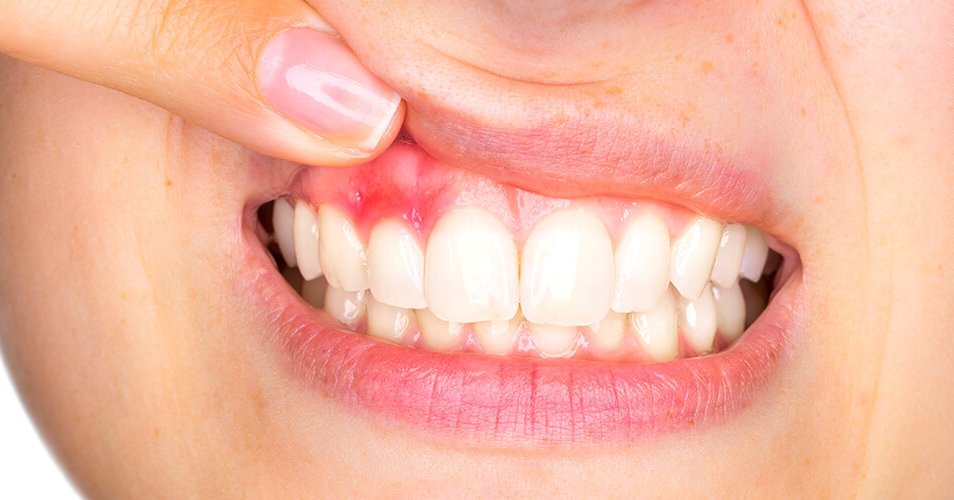A bright, healthy smile is not only a sign of good oral hygiene but also a reflection of overall health and well-being. Achieving and maintaining healthy teeth and gums involves more than just brushing and flossing; it requires a comprehensive approach to oral care that encompasses proper hygiene practices, a balanced diet, regular dental check-ups, and lifestyle choices. In this ultimate guide, we will explore the essential components of achieving healthy teeth and gums, providing practical tips and expert advice to help you smile with confidence and maintain optimal oral health for a lifetime.
- Understanding Oral Anatomy:
Before delving into oral care practices, it’s essential to understand the anatomy of the mouth and its components. Teeth, gums, tongue, and saliva work together to facilitate chewing, speaking, and swallowing while protecting against harmful bacteria and maintaining oral health. Each part plays a crucial role in the overall function and well-being of the mouth, emphasizing the importance of comprehensive oral care.
- Practicing Proper Oral Hygiene:
Maintaining proper oral hygiene is the foundation of healthy teeth and gums. The American Dental Association (ADA) recommends brushing teeth twice daily with fluoride toothpaste and a soft-bristled toothbrush. Additionally, flossing daily removes plaque and debris from between teeth and along the gumline, preventing cavities and gum disease. Incorporating mouthwash into your routine can further enhance oral cleanliness by reducing bacteria and freshening breath.
- Choosing the Right Oral Care Products:
Selecting the right oral care products can make a significant difference in maintaining healthy teeth and gums. Look for toothpaste containing fluoride, a mineral that strengthens tooth enamel and prevents decay. Choose a toothbrush with soft bristles and a comfortable grip to effectively clean teeth without causing damage to enamel or gums. Consider using interdental brushes or water flossers for additional cleaning between teeth and around dental restorations.
- Eating a Balanced Diet:
Nutrition plays a vital role in oral health, influencing the strength of teeth and gums and the health of surrounding tissues. A balanced diet rich in fruits, vegetables, lean proteins, and whole grains provides essential vitamins and minerals that support oral health. Limiting sugary and acidic foods and beverages helps prevent cavities and erosion of tooth enamel. Drinking plenty of water throughout the day helps wash away food particles and maintain hydration, promoting saliva production and oral health.
- Avoiding Harmful Habits:
Certain habits can compromise oral health and contribute to dental problems over time. Avoid smoking and tobacco use, as they increase the risk of gum disease, tooth decay, and oral cancer. Limit consumption of alcohol and acidic beverages, as they can weaken enamel and contribute to erosion. Refrain from biting nails, chewing ice, or using teeth as tools to avoid damage and wear on teeth and restorations.
- Protecting Teeth During Physical Activities:
Participating in sports and physical activities can increase the risk of dental injuries such as fractures, chips, or knocked-out teeth. Wearing a mouthguard during sports activities helps protect teeth and soft tissues from trauma and injury. Custom-fitted mouthguards provided by dentists offer the best protection and comfort, but over-the-counter options are also available for added safety during sports participation.
- Managing Stress and Anxiety:
Stress and anxiety can manifest in various ways, including teeth grinding (bruxism) and jaw clenching, which can lead to dental problems such as worn enamel, tooth sensitivity, and temporomandibular joint (TMJ) disorders. Managing stress through relaxation techniques such as deep breathing, meditation, yoga, and massage can help alleviate tension and promote oral health. Seeking professional help for stress management and anxiety can also provide long-term benefits for overall well-being.
- Regular Dental Check-Ups:
Routine dental check-ups are essential for maintaining healthy teeth and gums and preventing dental problems before they escalate. Dentists recommend scheduling dental appointments every six months for comprehensive examinations, professional cleanings, and personalized oral health guidance. During check-ups, dentists assess oral health status, screen for signs of dental disease, and provide preventive care and treatment as needed.
- Addressing Dental Concerns Promptly:
Ignoring dental problems can lead to more significant issues and costly treatments down the road. If you experience dental pain, sensitivity, bleeding gums, or other oral health concerns, don’t hesitate to seek professional dental care. Early intervention and treatment can prevent complications and restore oral health, ensuring long-term functionality and aesthetics of teeth and gums.
- Practicing Consistent Oral Care:
Consistency is key to maintaining healthy teeth and gums over time. Establishing a daily oral care routine and sticking to it ensures that you prioritize your oral health and make it a priority in your daily life. Set reminders, create a checklist, or incorporate oral care into your morning and bedtime routines to ensure that you brush, floss, and rinse consistently. By making oral care a habit, you set yourself up for success and enjoy the benefits of a healthy smile for years to come.
Achieving and maintaining healthy teeth and gums is within reach for everyone with the right knowledge, tools, and commitment to oral care. By understanding the essential components of oral health, practicing proper hygiene techniques, adopting a balanced diet, avoiding harmful habits, protecting teeth during physical activities, managing stress, scheduling regular dental check-ups, addressing dental concerns promptly, and practicing consistent oral care, you can achieve a bright, healthy smile that lasts a lifetime. Remember that oral health is an integral part of overall well-being, and investing in your smile pays dividends in terms of confidence, comfort, and quality of life.
